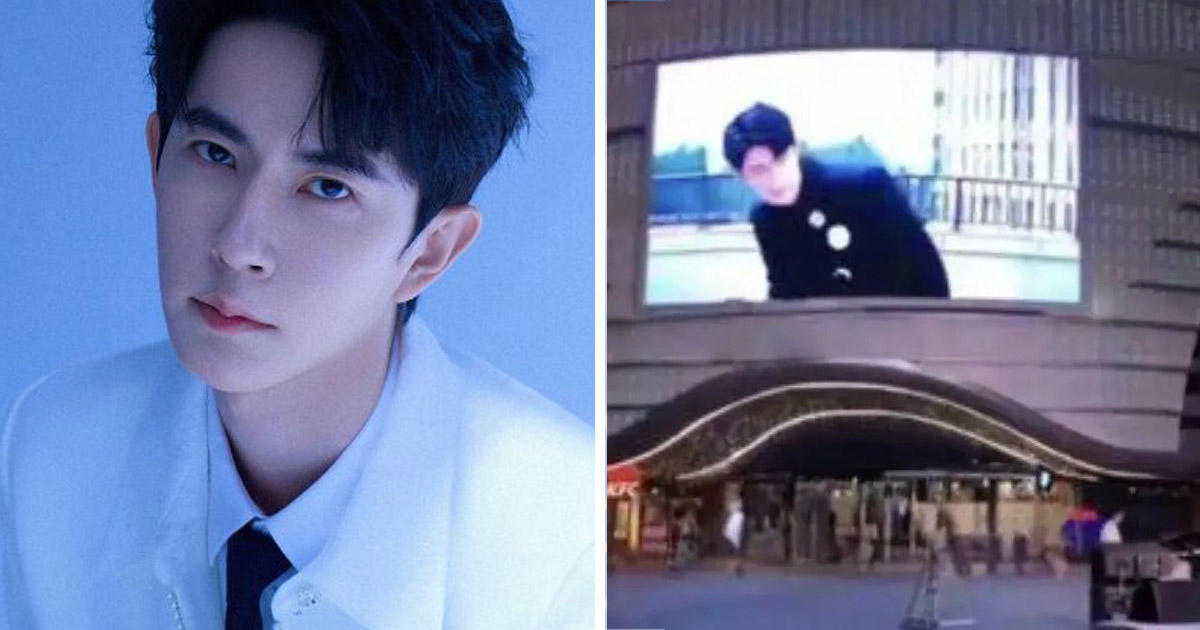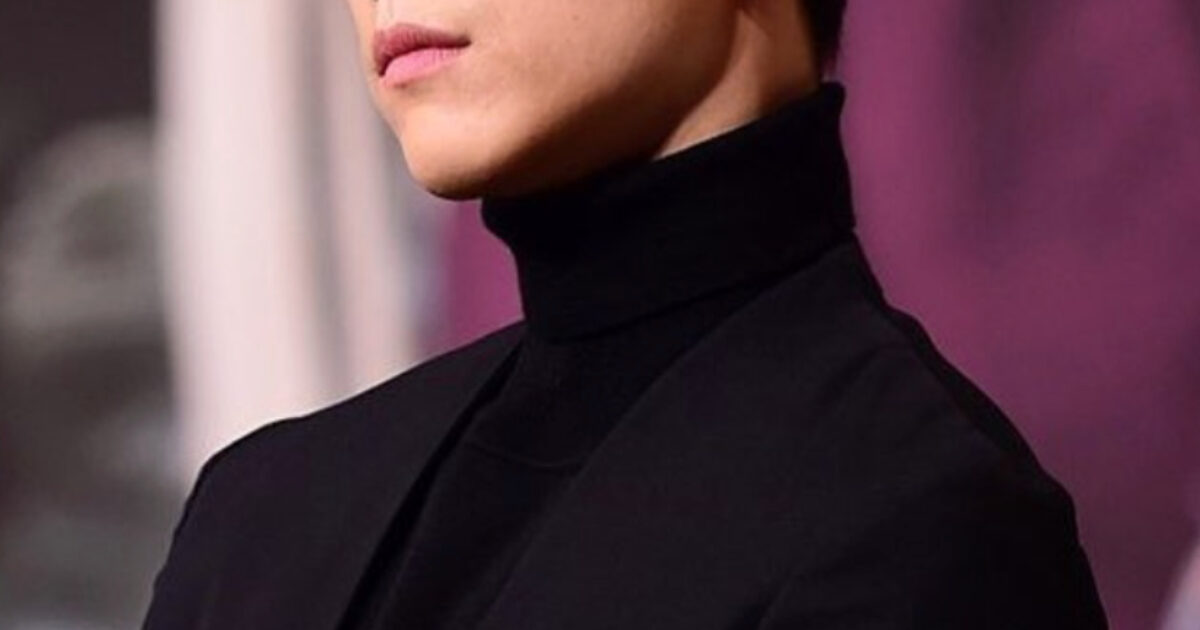Introduction
Major Seven Entertainment recently encountered a significant hurdle in the music copyright registration process. The Korea Music Copyright Association rejected their application for copyright on a live audio recording from a competition program. This situation highlights the increasing complexities of copyright laws amid advancements in artificial intelligence (AI) and human creativity.
Details of the Rejection
The primary reason for the rejection was the failure to check a crucial checkbox confirming that the music work was created solely by human creative contribution without any assistance from AI. This checkbox has become a focal point as the music industry navigates the blurred lines between human artistry and AI-generated content. The song in question is a trot song that was released prior to the advent of AI, adding an intriguing layer to the discussion.
Implications for the Industry
The rejection raises important questions about the evolving nature of music copyright in the age of AI. Major Seven Entertainment, which represents artists like Baby Monster and Byeon WooSeok, must now reconsider its approach to copyright registration. The complexities surrounding music registration are not new, but the integration of AI into creative processes complicates matters further.
Industry Context
Various broadcast programs have highlighted the impact of this situation. Programs such as JTBC’s “Good Boy” and “Singer Again,” Netflix’s “Murderer Zero,” and tvN’s “Jump” all serve as platforms where the intersection of technology and creativity is explored. The ongoing discussions within these platforms emphasize the need for clearer guidelines on copyright registration, especially as AI continues to play a role in music production.
The Importance of Compliance
This incident underscores the importance of proper documentation and compliance in the copyright registration process. As the music industry evolves, it is crucial for companies like Major Seven Entertainment to stay informed about the legal requirements for protecting their creative works. Engaging with copyright experts and understanding the nuances of registration can prevent future rejections and ensure that artists’ rights are safeguarded.
Conclusion
As the music landscape continues to shift, Major Seven Entertainment’s experience serves as a cautionary tale for others in the industry. The rejection from the Korea Music Copyright Association emphasizes the need for vigilance and compliance in copyright registration. With AI’s growing influence on creativity, the industry must adapt and establish robust frameworks to navigate these new challenges.
This article has been written by Kpopmap AI writer and while we have made efforts to ensure the accuracy of the article, there may be errors or inaccuracies.
 1 month ago
74
1 month ago
74


![[Event Coverage] VIVIZ’s “New Legacy” made a Kuala Lumpur Debut](https://www.k-popped.com/kpopped2012/wp-content/uploads/2025/10/WWJ004401.jpg)









 English (US) ·
English (US) ·